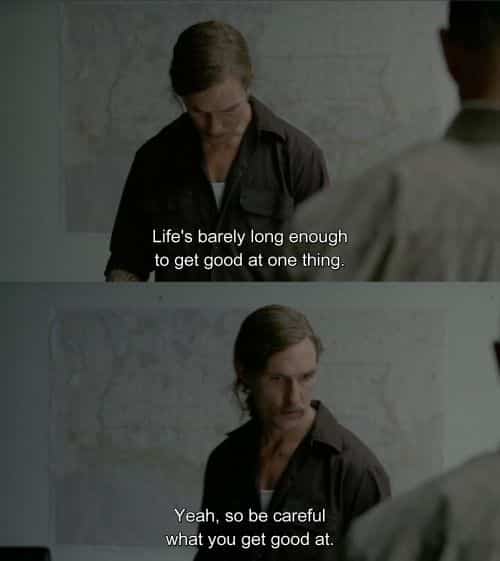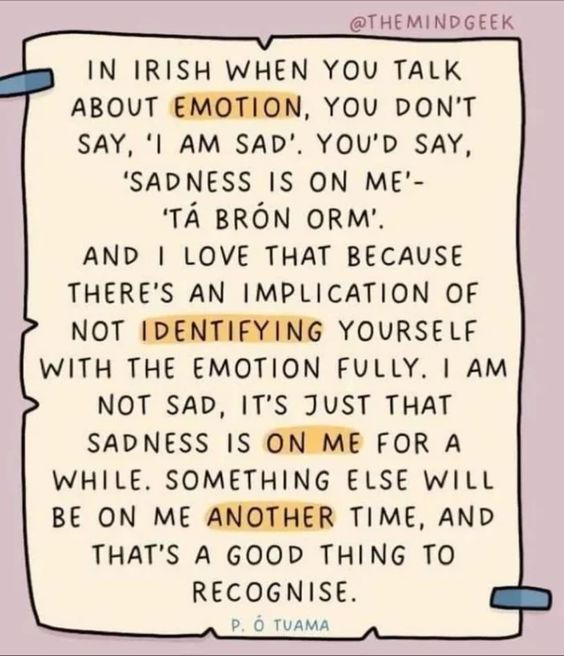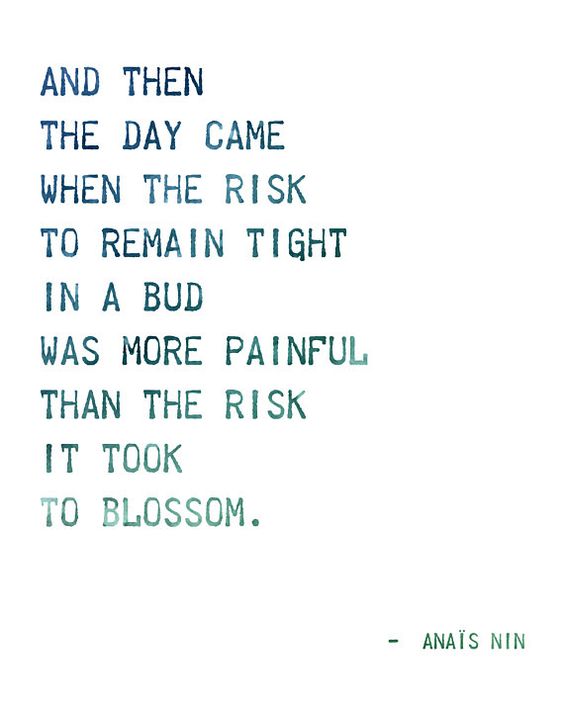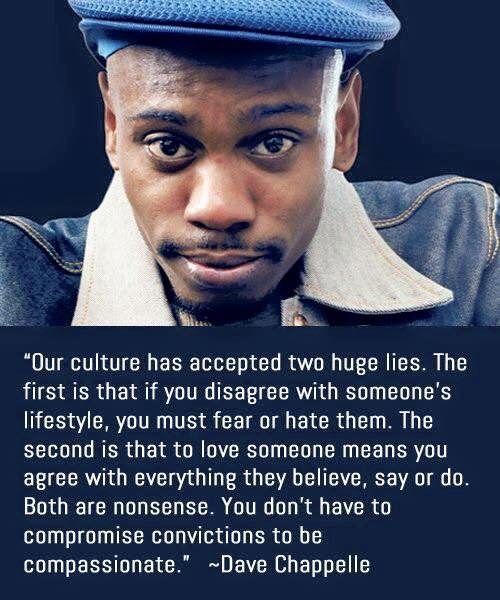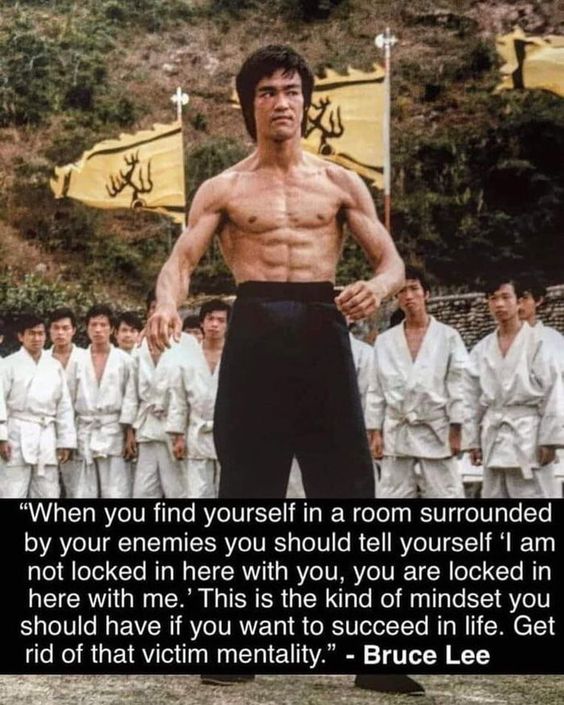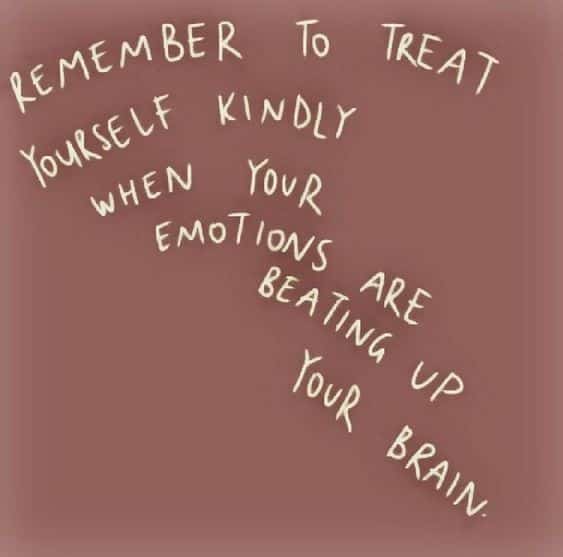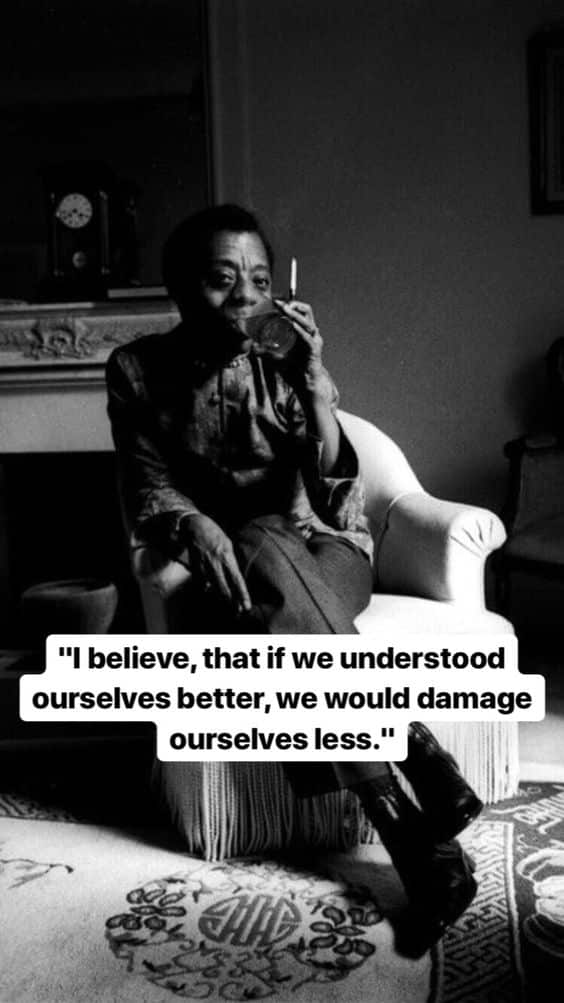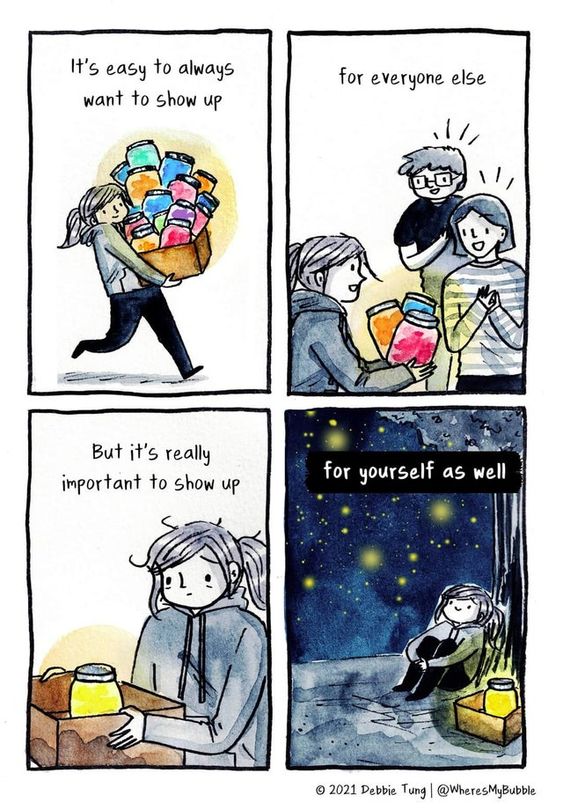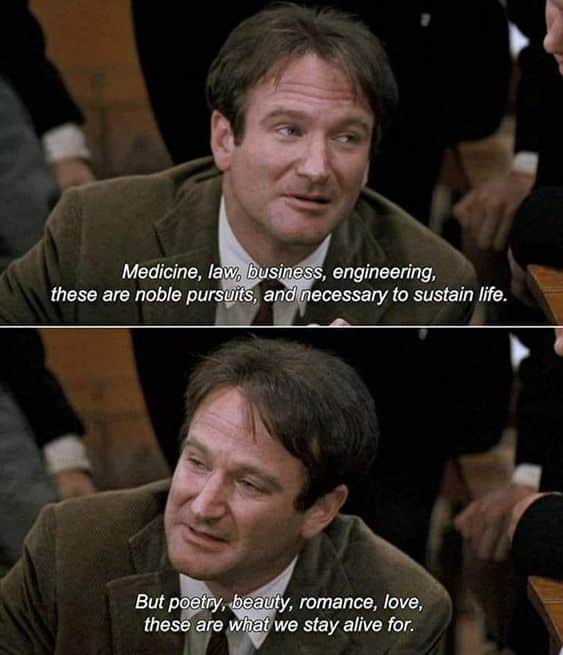“People often mistake highs for happiness. Highs are short-lived and intense. They leave you feeling empty afterward. Therefore highs often become addictive. Happiness is long-lived and calming. It’s like pleasant background music to everything else you do in life. Happiness is the side effect of wanting to chase nothing, change nothing.”
Mark Manson
“You are young in proportion to your flexibility. Watch a small child—so soft, tender, and flexible. As you grow old everything becomes tight, hard, inflexible. But you can remain absolutely young to the very moment of your death if you remain flexible.”
Osho, Everyday Osho (Page 13)
“What do we say when a customer or colleague says, ‘thank you’? For a long time, it was ‘you’re welcome.’ This indicates that you put in some effort and you’re willing to do it again on request. Recently ‘no problem’ has become more common. This implies that the effort could have been a huge hassle, but this time, it was okay. For people who are choosing to do the work of hospitality and connection, though, the most accurate answer might be, ‘my pleasure.’ After all, you had a choice, and you chose to do this work precisely so that it could have an impact on someone else. The story we tell ourselves about the work can be fuel for finding ways to do it better. If it’s not a pleasure, and you’re doing things like this all day, it might be a good time to find something else to do.”
Seth Godin
